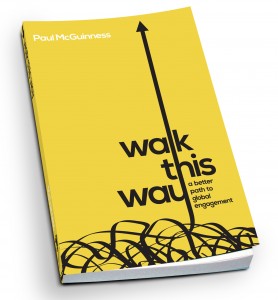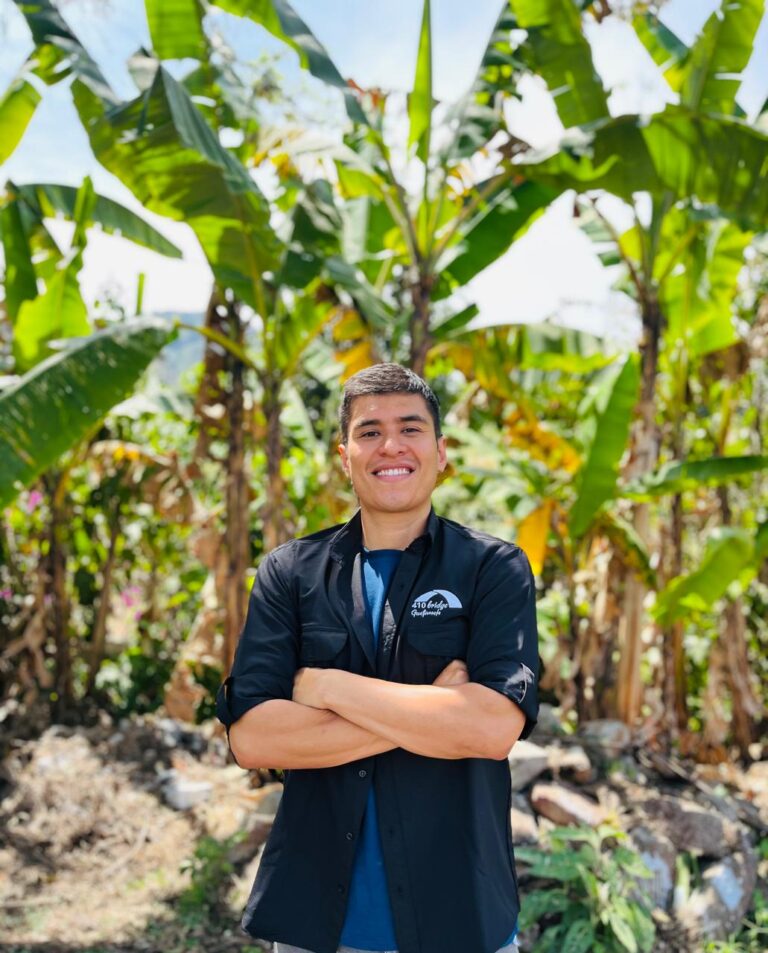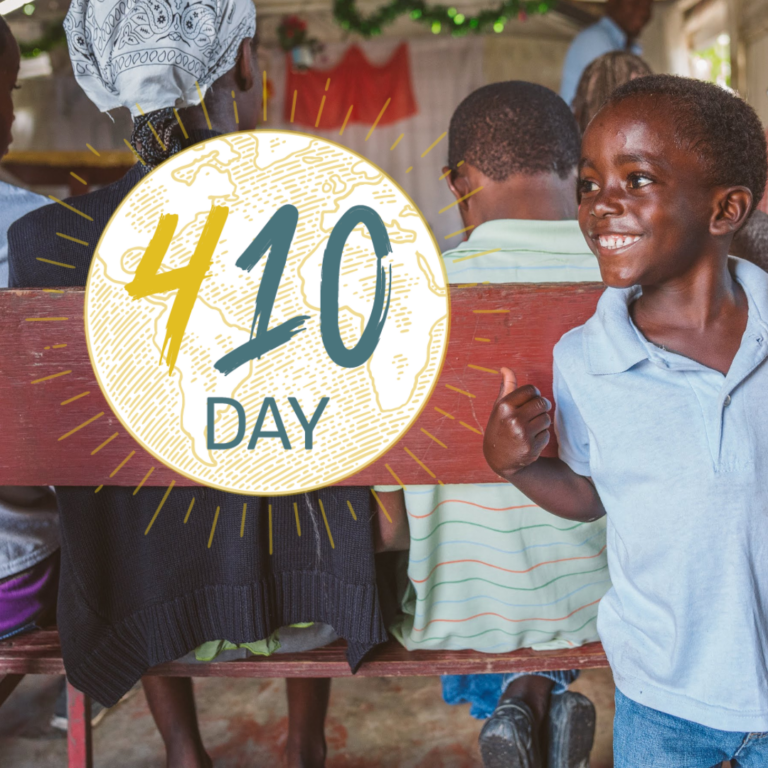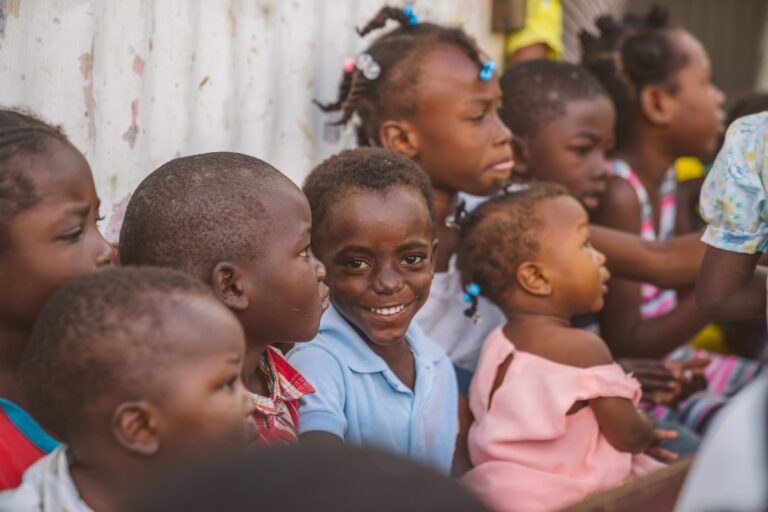Today’s guest blog post highlights our friend and partner in healthy global missions, Paul McGuinness, from our partner church, Parker Hill Community Church in Pennsylvania. Paul has recently published a book titled Walk This Way: A Better Path to Global Engagement. The book comes from the story of a pivotal conversation Paul says he had more than 10 years ago. As he says, “It was one of those moments of clarity that shifts your trajectory.”
We’d like to share his story with you here, and offer you the opportunity to read more of Paul’s book now available…
I was sitting in a diner, a young seminary student, just getting started in ministry. The lead pastor at my church had graciously agreed to have breakfast with me every other week. It was my chance to pick his brain, share ideas, and ask questions. As usual, he ordered scrambled eggs and a side of grilled turkey (his attempt to find a slightly healthier meat option). I went with pancakes, which I proceeded to carve into equal-size portions and then drench with syrup.The topic of discussion on this particular day was global outreach. As part of my involvement with the church, I had been sitting in on the Missions Team’s monthly meetings. At the same time, I’d been thinking and reading a lot about the global missions model that seemed so prevalent in American churches. The common model seemed to be built around Western missionaries being sent to all parts of the world. Men and women would respond to God’s prompting to engage in international ministry. They’d work with their local church to find a sending agency. They would decide on a “field” of ministry and begin to cast a vision for their ministry in that field. They would take as much time as they needed to raise support and then they’d head off on their missionary assignment.
In most cases, they’d have a team of missionaries to work with on the field. Hopefully, they would work together well, build the ministry, plant the church, expand the Kingdom, etc. The missionaries would send updates to their supporting churches, letting them know the impact of their missional giving. Over time, as the ministry would develop and stabilize, the aim was to “hand it off” to the local leaders and national believers. If that could happen, then the missionaries would be able to pursue the next ministry assignment that they or their missions board or their sending church wanted them to pursue. As far as I could tell, that was the basic framework for most global ministries.
Over pancakes, scrambled eggs and grilled turkey, I started asking a lot of questions…
Was this the best approach?
Why was so much built around the missionaries – their gifts,their ministry calling, their church’s aims, their sending agency?
Why would we build a ministry and then “hand it over” to the national leaders?
Shouldn’t they be involved much sooner in the process?
Shouldn’t our brothers and sisters in Christ play a more prominent role in the planning and implementation of ministry in their countries?
Was it realistic to think that a ministry that was built by outsiders with foreign funding could be handed over and maintained even after the foreigners and their funding pulled out?
We talked at length about the dependency that this model could easily create. We couldn’t find answers for these questions. The challenge was coming into focus and it was very far-reaching. Then, as we finished the final bites of breakfast, my pastor asked a memorable question. “How do you unscramble the egg?”
That’s the question that I’ve been trying to answer for more than a decade. How could we avoid, or at least minimize, some of the challenges that grow out of a missions model that is built around sending foreign missionaries? How could we move away from creating unhealthy dependency? How could we better involve national leaders in international ministry? Could we stay committed to global outreach, but shift the focus of our efforts? Could we build a model that had our brothers and sisters from around the world at the center, rather than us, the foreigners?
Not long after that conversation, our church’s missions team set out to develop something new. We didn’t want to undermine or uproot the missionary efforts that were already underway. But we did want to explore another option. We wanted to place another order, if you will. So we continued with the work that we were doing. We continued the commitments that we had been making. And then we began to build a new model alongside the existing one.
We wanted to partner with what God was already doing. We wanted to partner with the people that He was already working through. Simply put, we wanted to go where God was leading and join what God was doing.
Thank you, Paul, for the peek into where it all began!

To learn more or order a copy, visit walkthisway.world.
Follow the Walk This Way story on Instagram, Facebook, and Twitter.




